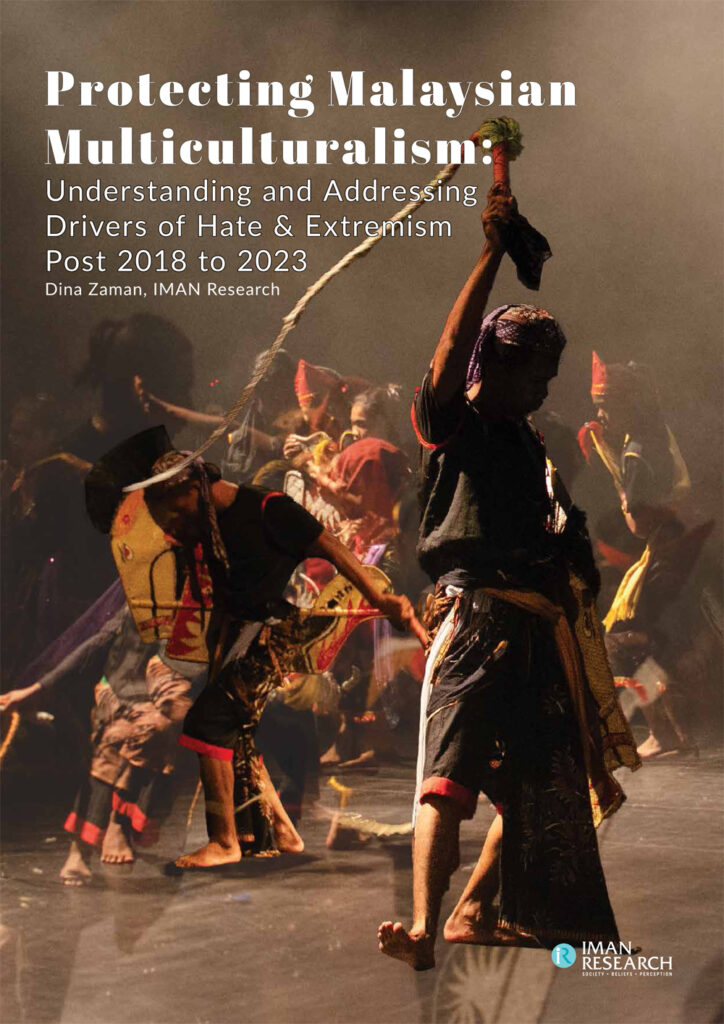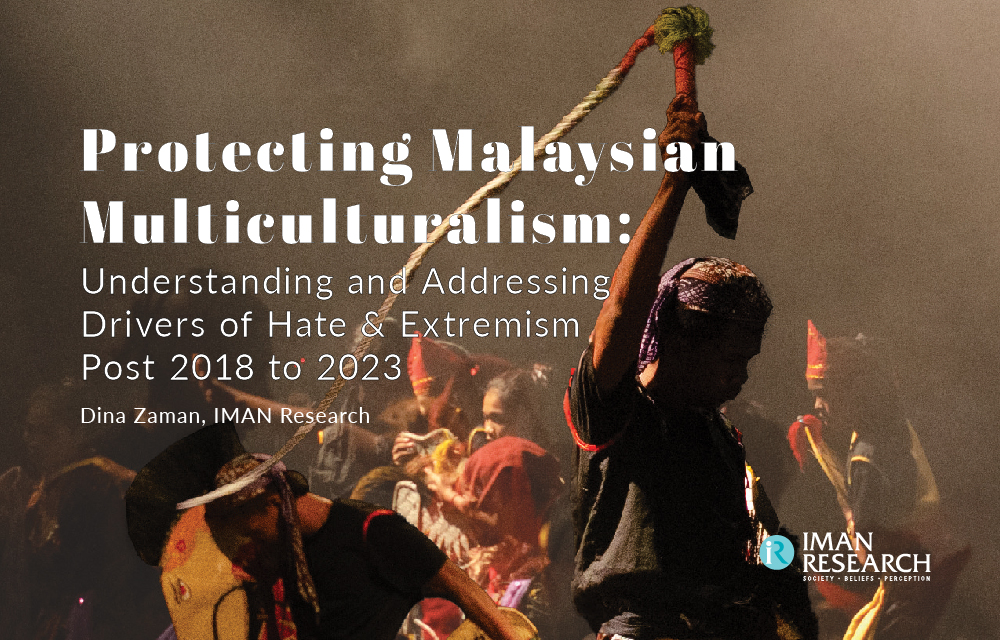 Writing about Malaysia and her politics is not easy, even for the experienced scholar and writer (I profess to be an inexperienced one). Analysing Malaysia means one has to unpack chunks of the country’s challenges: race, religion, economics and social capital, and the entry points are many. And it is true that Malaysian politics revolves around two things: race and religion. Governments and prime ministers change, but the two bogeymen live on.
Writing about Malaysia and her politics is not easy, even for the experienced scholar and writer (I profess to be an inexperienced one). Analysing Malaysia means one has to unpack chunks of the country’s challenges: race, religion, economics and social capital, and the entry points are many. And it is true that Malaysian politics revolves around two things: race and religion. Governments and prime ministers change, but the two bogeymen live on.
However, Malaysia’s current political dynamics have surprised its people with its twists and turns, especially after Pakatan Harapan (PH), the opposition bloc, defeated Barisan Nasional (BN) in 2018, and what is certain is the presence of nationalist politics that is growing from strength to strength. The 2022 General Elections which saw Anwar Ibrahim finally becoming the prime minister, confirmed to observers that Islamists have come to roost finally in urban areas of the country and that Malaysia’s pluralism is even more endangered. At the time of writing, the Malay Mail reported that Malaysia is leaning more and more towards far right politics as Perikatan Nasional (PN) trumpets Malay rights and cohesion, and it does not seem to be wavering in light of increasing (Malay) public support.
This report focuses on Peninsular Malaysia’s multiculturalism at stake post 2018, during COVID-19 and to the present time. If the reader wonders why Sabah and Sarawak are not included in Federal politics, it is due to the fact that they deserve a separate report and rightly so. While it has been stressed many times that Sabah and Sarawak are excluded from almost all political discussions surrounding Malaysia, this writer feels that these two states are too important to be included in this report. Sabah and Sarawak have played a huge role in the formation of the Federal government. The politics in these two states have different dynamics and perspectives that they bring to the table, especially with factors such as Malaysia Agreement 1963, which is rarely discussed by Peninsular politicians, and rarely known by the Peninsular residents.

